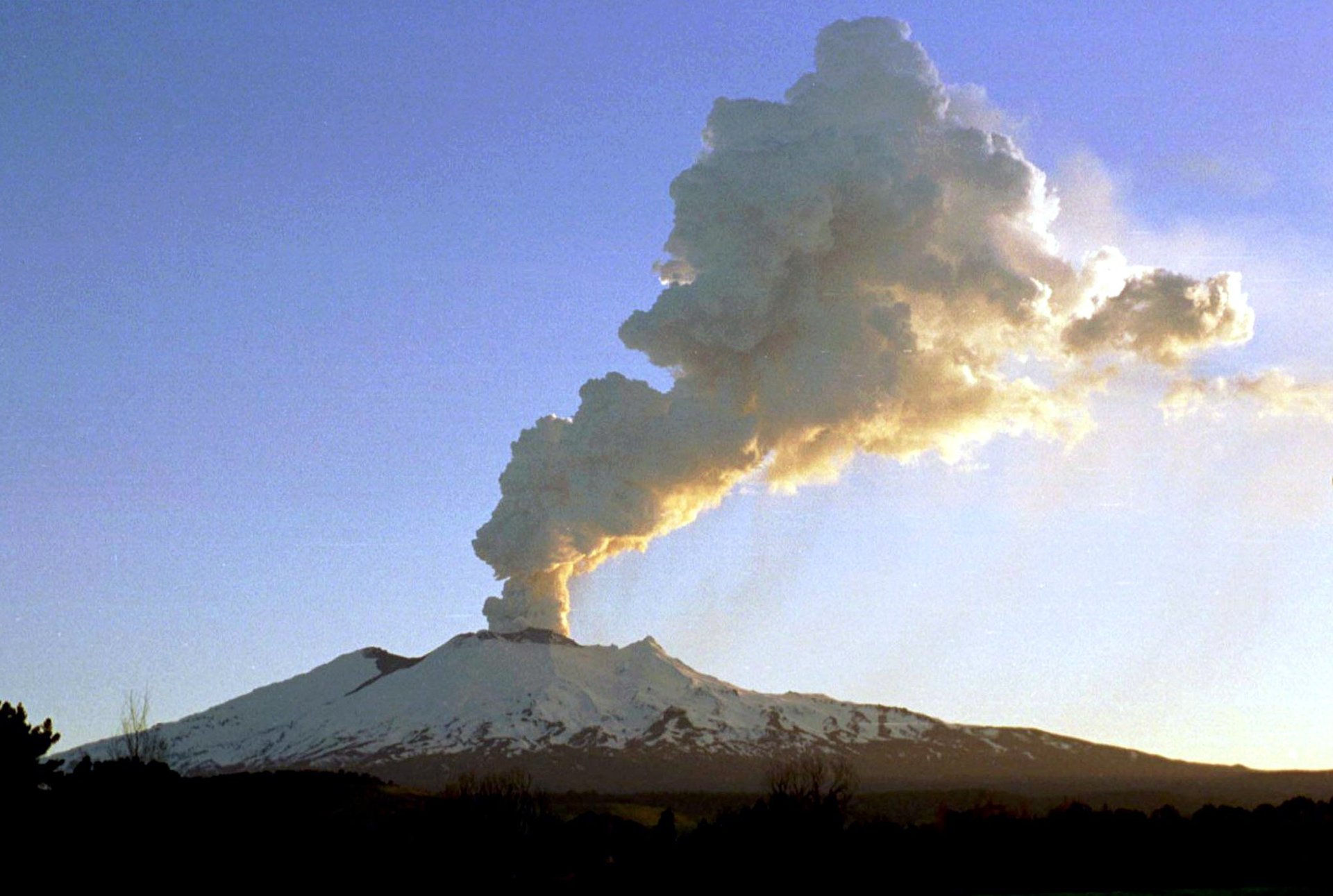Millions of dollars in gold and silver are sitting under these New Zealand volcanoes
It sounds like the plot of an Indiana Jones movie: A small team of US and New Zealand researchers hit the geoscience jackpot when they found large gold and silver deposits in six reservoirs underneath a group of volcanoes on New Zealand.


It sounds like the plot of an Indiana Jones movie: A small team of US and New Zealand researchers hit the geoscience jackpot when they found large gold and silver deposits in six reservoirs underneath a group of volcanoes on New Zealand.
There could be anywhere from $50 million to $250 million worth of precious metals in the area, Stuart Simmons, one of the project researchers, told Quartz. Simmons noted that the numbers are somewhat speculative and “highly variable,” but any way you slice it, there’s a lot of gold.
Where is all this gold coming from? In the Taupo Zone, an area that Simmons said is geographically similar to Yellowstone National Park in the US, volcanic magma enriches underground water with heat, chemicals, and in some instances, precious metals.
The steam from the area’s hot springs is used as a source of geothermal energy, Simmons explained, and when the hot water moves toward the earth’s surface, it is sometimes caught in the pipes of geothermal production wells—which are designed to generate power from hot water in the earth. Over time, thin films of silver and gold build in the pipes of these wells.
The next step will be figuring out how to extract the gold. Simmons is wary of making the discovery sound like an Indiana Jones fantasy come true. First of all, Simmons says that the research isn’t thorough or definitive enough to be the basis of a mining operation. Second, mining for gold in hot springs is very tricky, and successfully extracting precious metals without interfering with the environment or geothermal production wells already in place would require the creation of new mining techniques.
Lastly, Simmons seems rather skeptical of the value of gold in the first place. “Tell me one good thing that comes from selling gold,” he demanded. (Indeed, as a crusader against “dirty gold” told Smithsonian Magazine, gold-mining is almost always an environmental disaster.) Simmons was similarly skeptical about diamonds and other precious stones, which have been used to fund armed conflict and war. “I’m sure De Beers would disagree with me,” Simmons said, “but it’s not something that contributes to the well-being of mankind.”